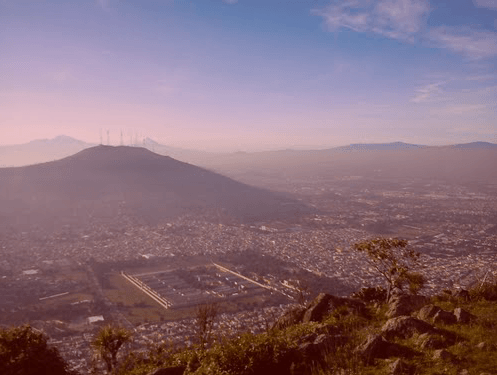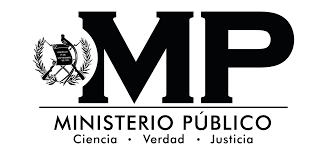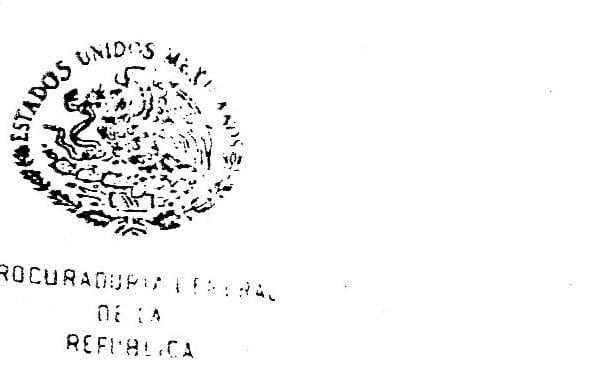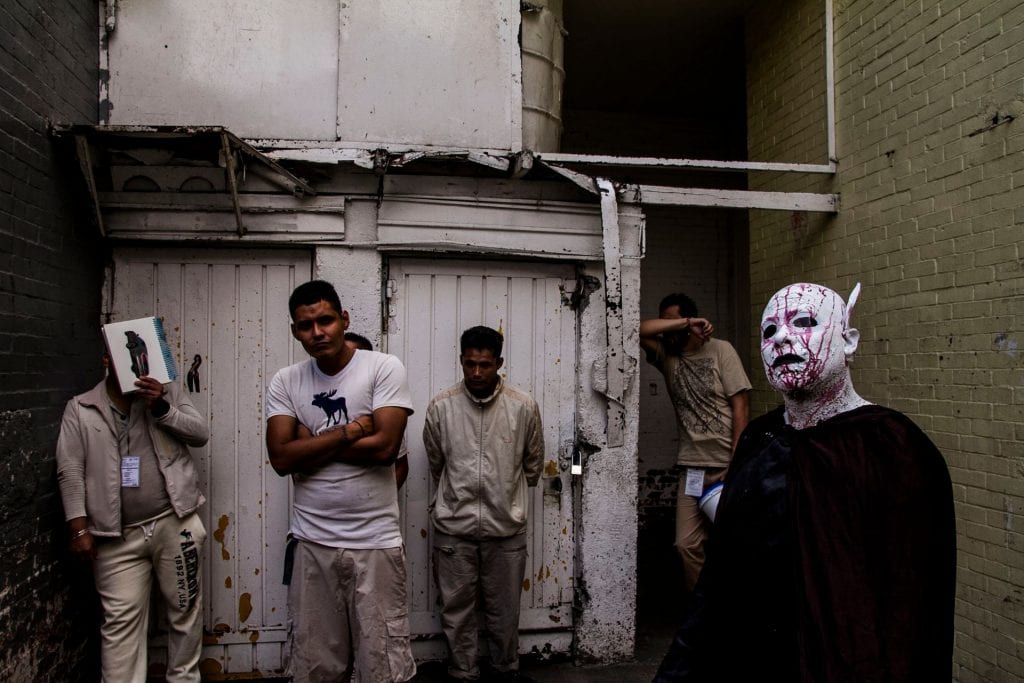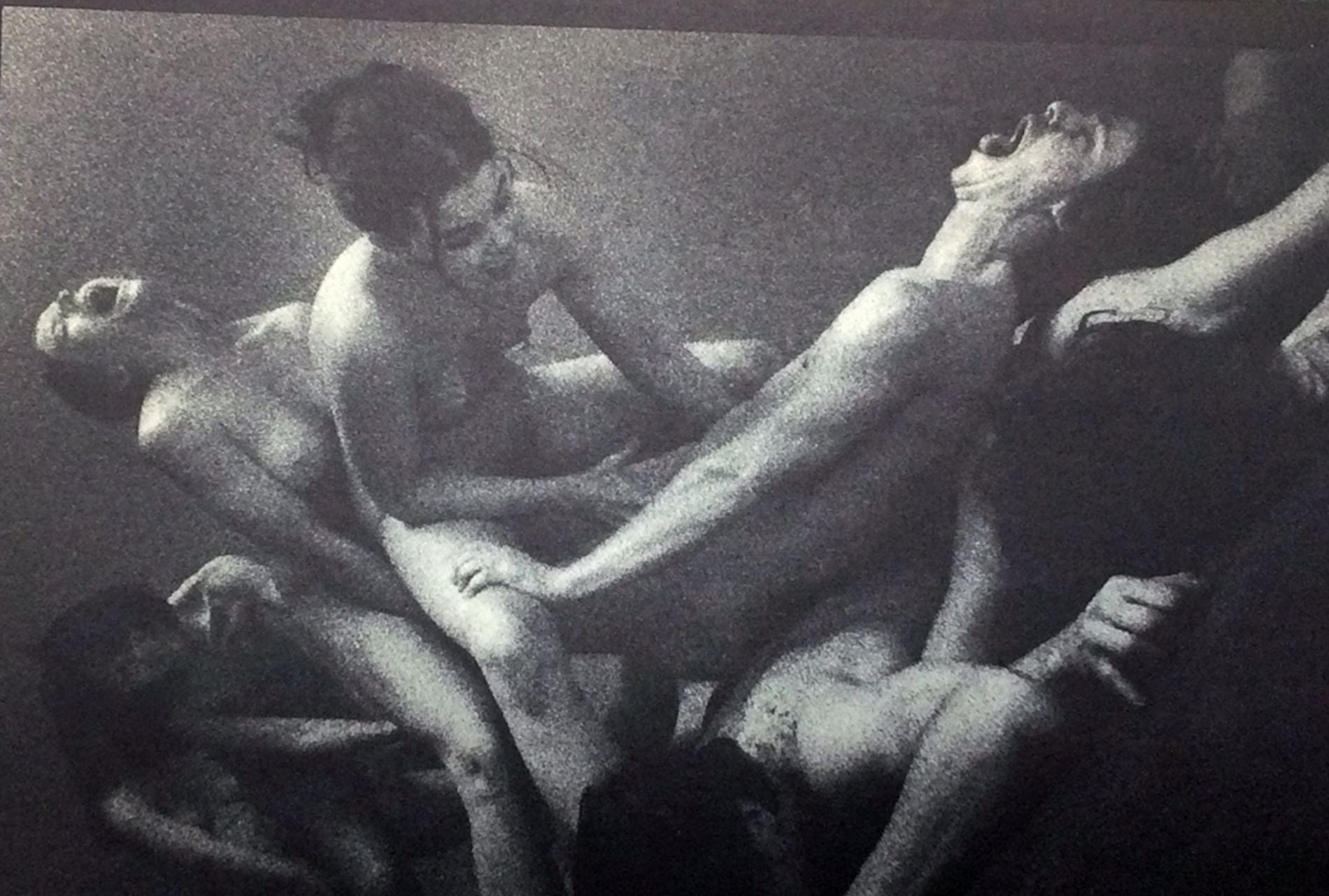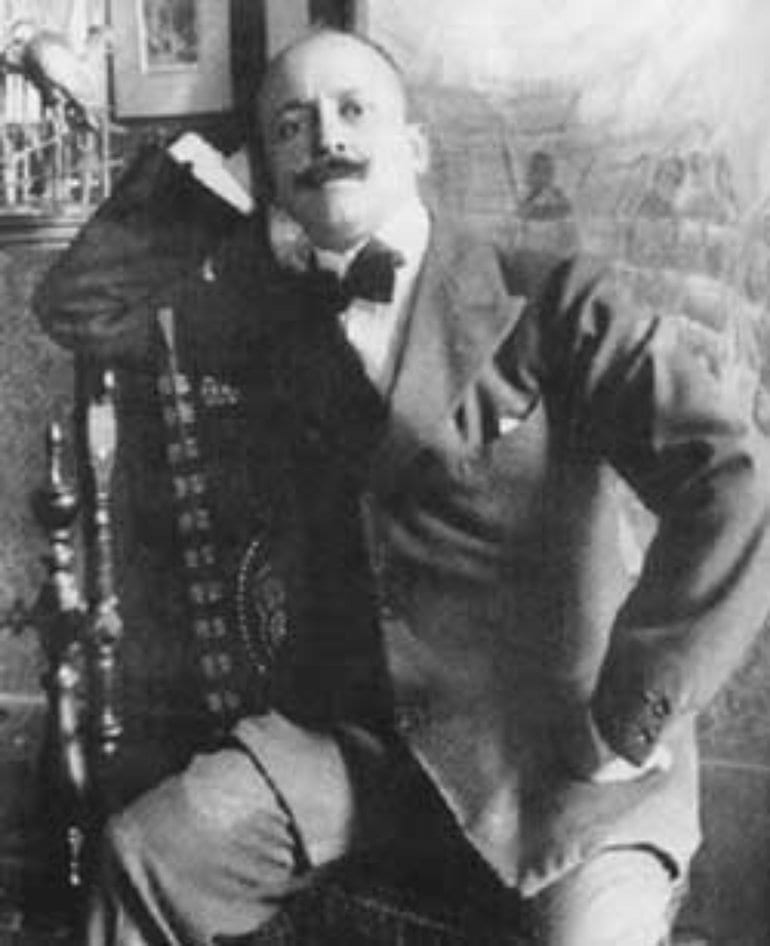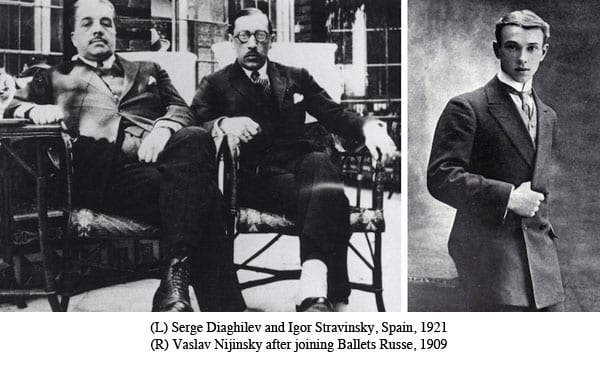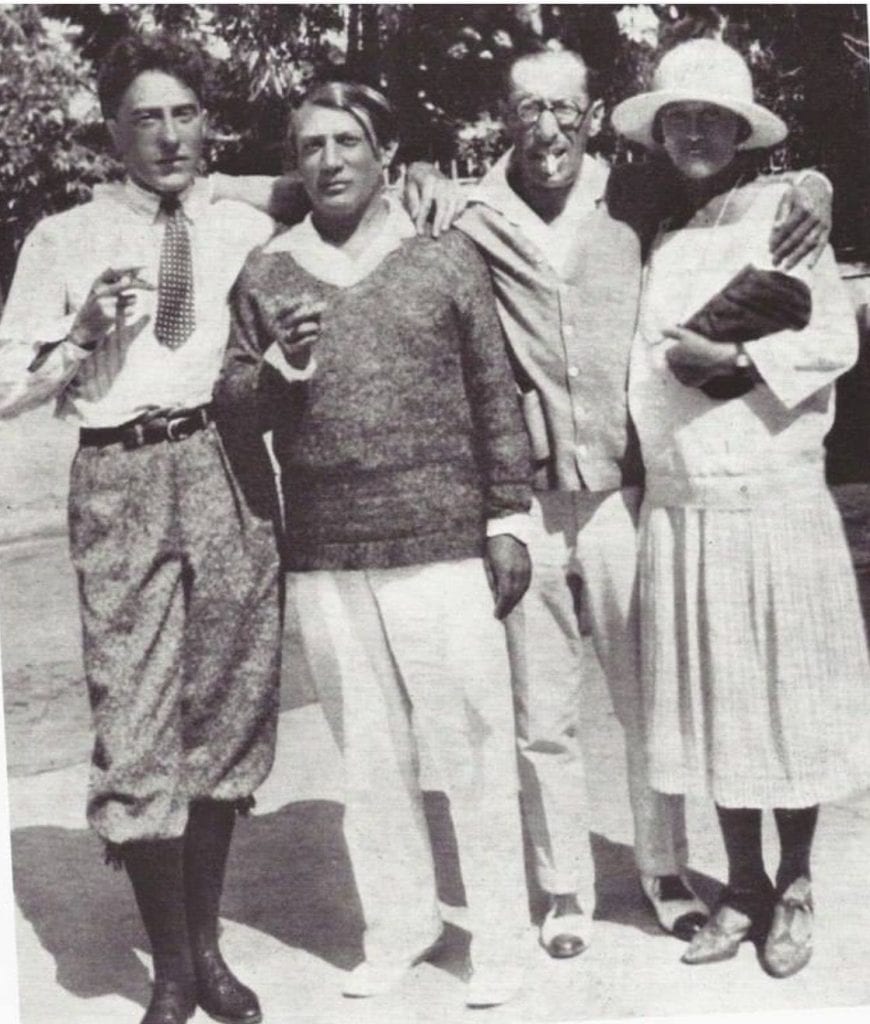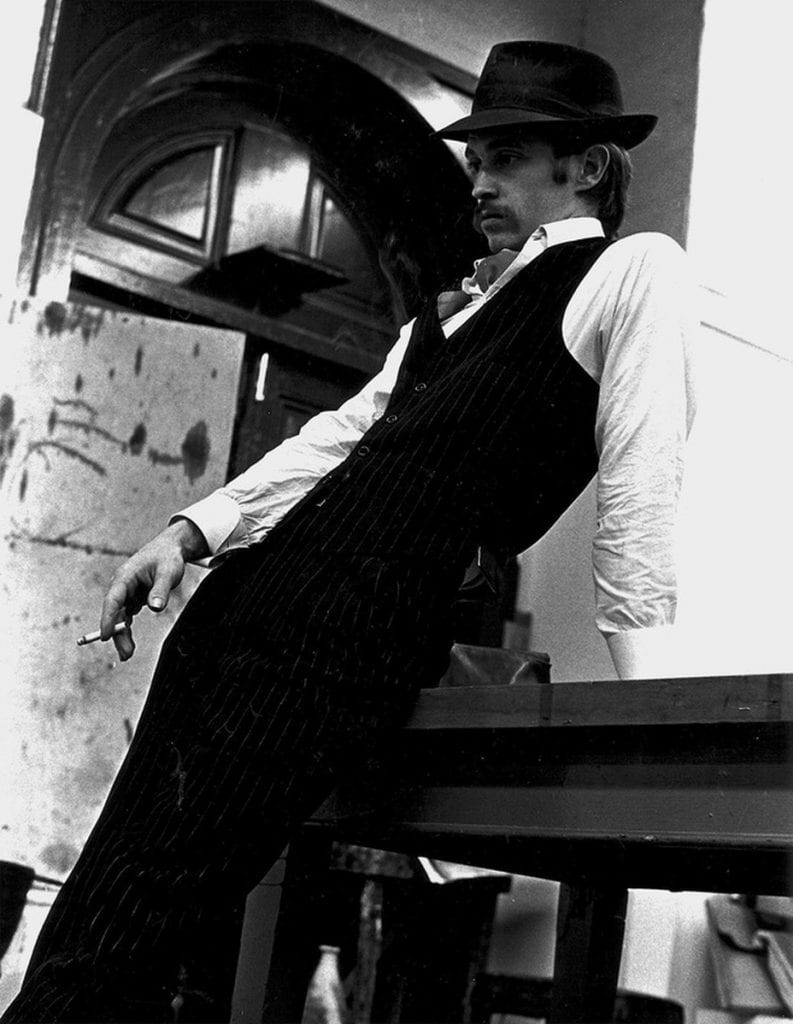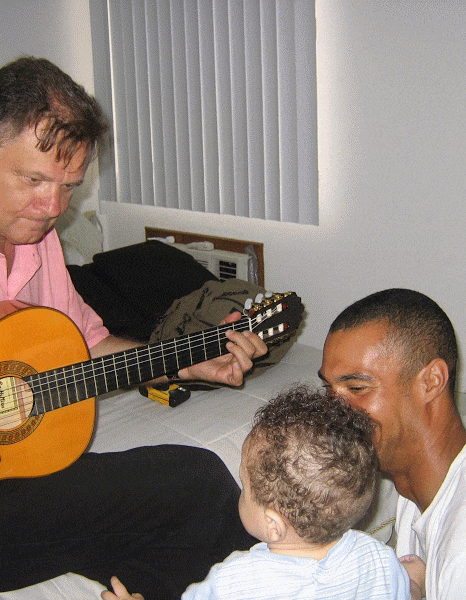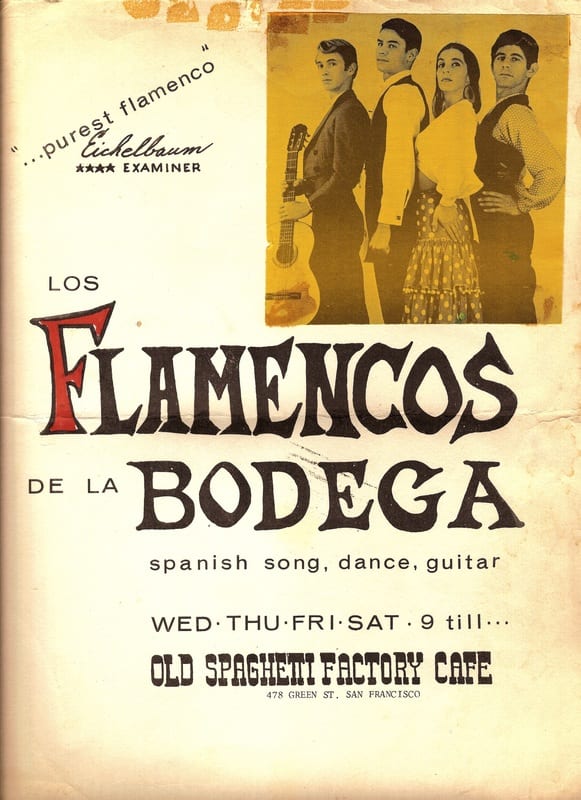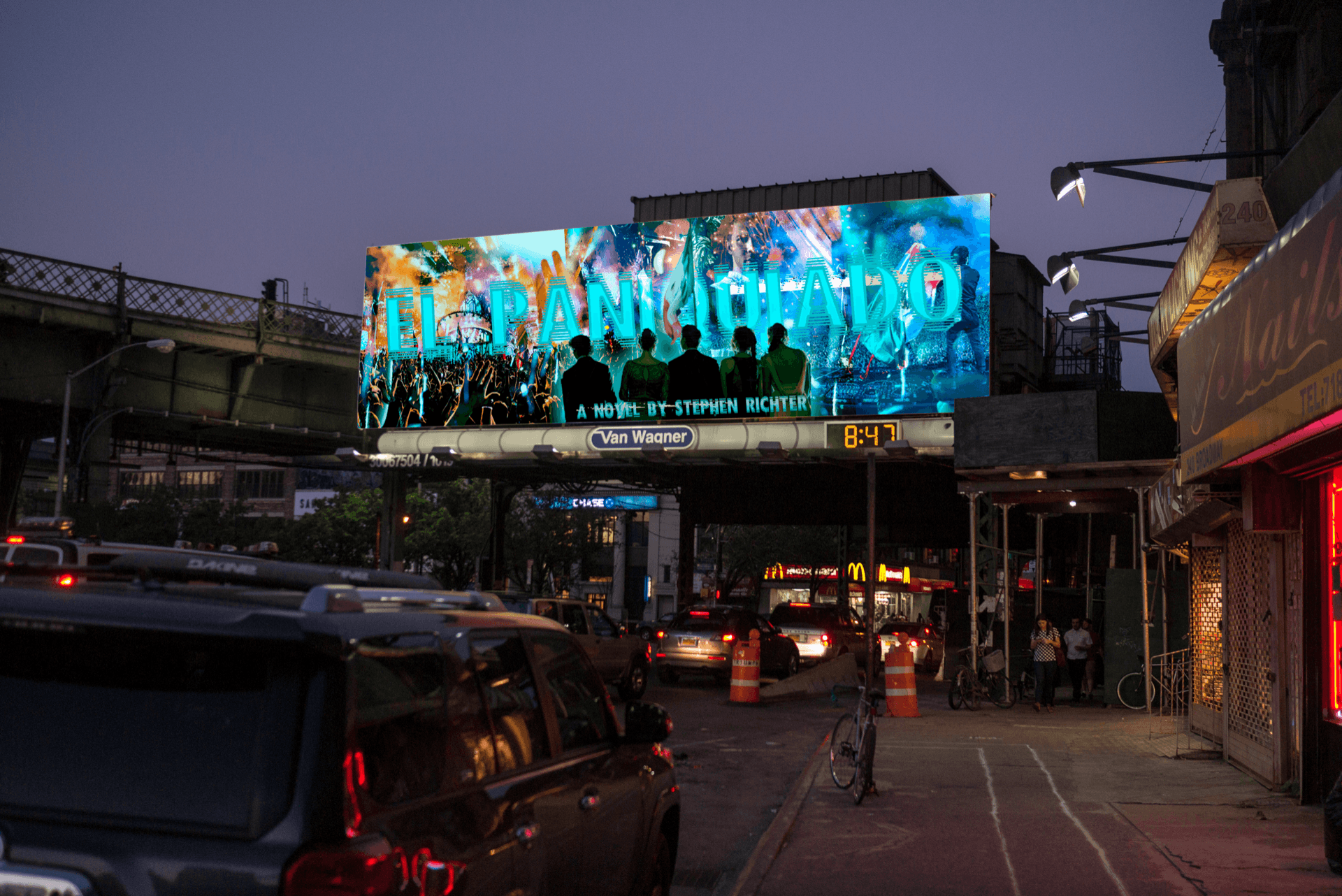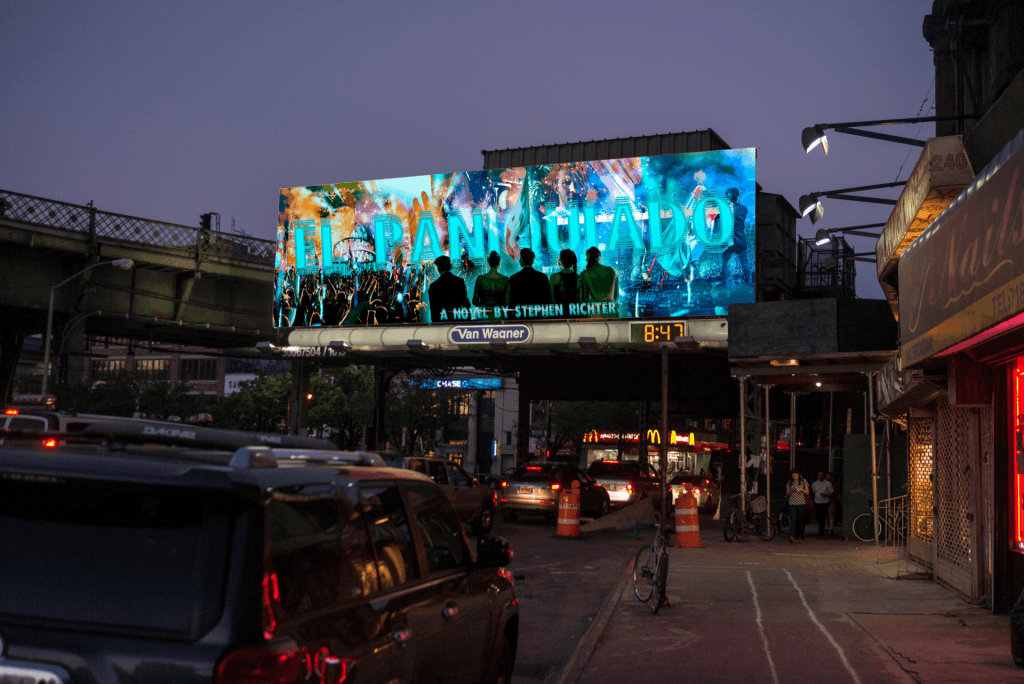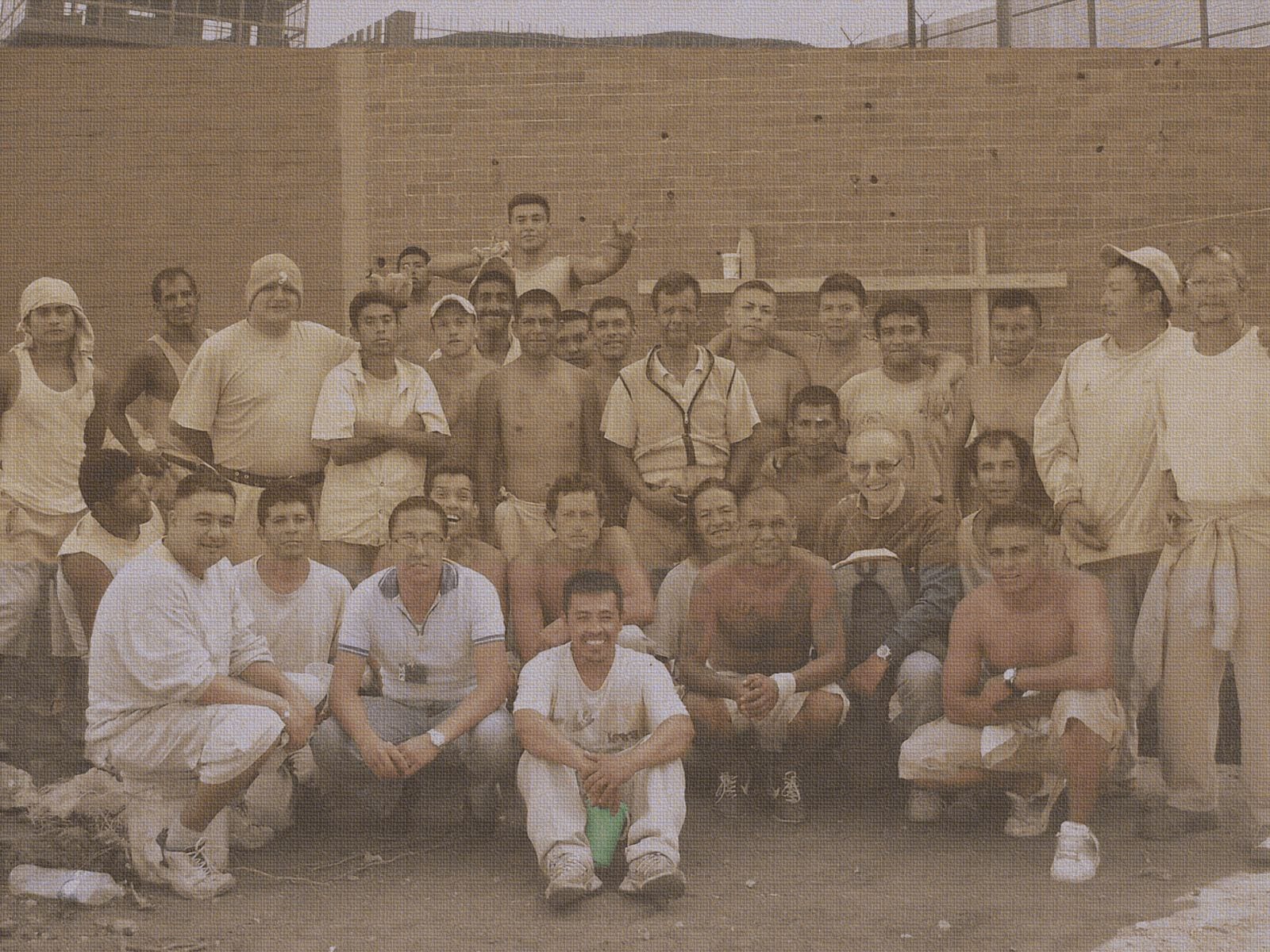
(Memoir) Reclusorio Norte – Ciudad de México
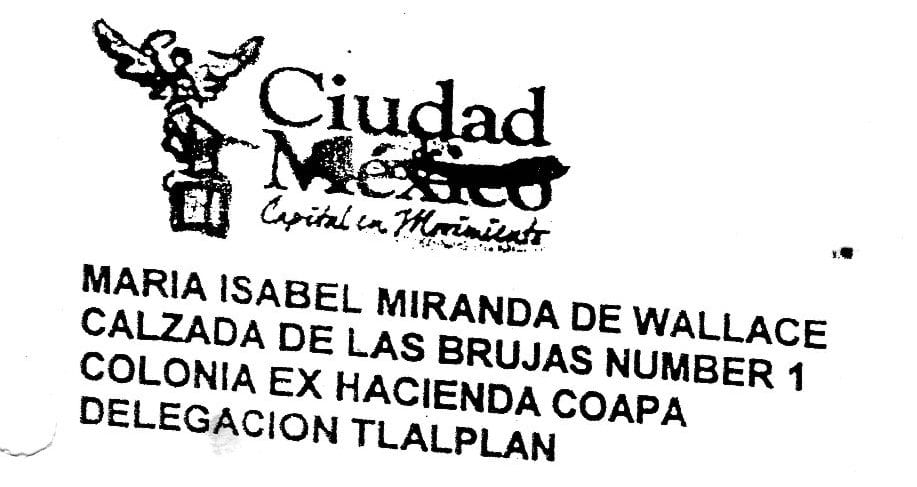
It was a beautiful morning. The haze hadn’t risen to the northernmost part of Mexico City yet plus everything was wet, like sand before the corridas. The grounds of Reclusorio Norte had been hosed down before dawn then scrubbed with brooms and Fabuloso. You could smell it in the morning air, even from the second-floor tier of dormitorio cuatro. They called it the United Nations building.
I stood in my bathrobe, in the passageway outside the open door of my celda. I suppose one could call it a cell. It had bars and a door that locked. But the bars had been long since covered with sheetrock. Carpenters had framed in a kitchen counter, cabinets, and a private baño. There was a refrigerator, a large screen TV, a DVD player, and two bunks made of concrete with Sealy Posturepedic mattresses.
Columbus, the Nigerian, and the new french guy from the Ivory Coast were already playing tennis on the courts downstairs. I looked over at the gates to see who was in the caseta (guard shack). It was Telles. He’s the custodio responsible for keeping out the riffraff. The U.N. building housed very important criminals, like the heads of the Mexican narco cartels, as well as those who had the money and inclination to pay for that type of lifestyle.
The rent on my cell was 10,000 pesos a month (about a thousand U.S.) paid out nightly to the custodios. Not an easy feat to make that kind of rent while you’re in prison. But they gave me ten years, so I had to think a little more long-term. My lawyer was having dinner with an important judge though. They all tell you that. So let’s just say I wasn’t holding my breath anymore. I was trying to survive and to create a somewhat safe space to write, and most importantly, a space to lay low.
That was the problem.
Since I moved my fellow marine, Eddie, into my cell and brought him to the U.N., the entire balance of power in the prison had shifted in the most dangerous ways. Don Servando was the head of the Familia Michoacana cartel. He was one of my benefactors and my neighbor three doors down. When I was in a pinch, he helped me open a restaurant, instead of letting me get deeper into trouble just so I could cover the high rent at the U.N.
“Everyone has to eat,” he’d told me.
I watched Carlitos give Telles twenty pesos at the gate. He entered the courtyard unmolested. Carlos was twenty-three. He’d been in the reclusorio since he was sixteen. He used to have a place in the U.N. until some cop who killed a journalist paid to have Carlos moved to another building, to a 15 men per room kind of building. That sort of thing happens every day. Carlos owned half of our restaurant “Hungry Jose’s.” Today we were closed. He was coming over early so we could watch the world cup at my place on the big screen. I’d stepped outside to meet him because Eddie and six or seven of Don Servando’s henchmen were still passed out all over the floor from the party last night.
Don Servando forbids his men to use dope. But since Eddie showed up and started throwing so much money around, all of Servando’s main soldiers had lost all their discipline. Most of them were former cops and hitmen. Now they were becoming fat, lazy, crackheads. And Don Servando blamed me for their corruption since I was the one who had brought Eddie to the U.N. What’s worse, they lied to him and said they weren’t partying with Eddie. He knew they were all crashed out on my floor. He’d already peeked in on them before the sun came up. The suspense was nauseating. It was really affecting my writing.
“Don Servando, buenos dias!” I said, trying to at least make everyone aware that he was approaching.
He gave me a hard glance in passing. He was pissed. He was getting his own coffee this morning. Plus I’d closed Hungry Jose’s for the game so he’d have to venture even further. As soon as he passed, I woke everybody up. They vanished before he returned. I was so stressed out I forgot to tell Charlie about the tacos when he met me at the top of the stairs. Some kid had stopped by the gate in a panic last night and asked me to tell Charlie to give him his tacos. Whatever that meant.
A half-hour later all was forgotten and Charlie and I were watching the world cup.
The kid from last night walked through my front door. He had a busted lip and two black eyes. All of his hair and eyebrows had been crudely shaved off. He marched over to the corner of the room, picked up a pair of soccer cleats and split Charlie’s head open with them. They went at it, rolling all over the floor. I tried to break them apart. We all kind of fell out of the cell into the hallway. A crowd gathered. I pulled the guy off Charlie. Running and bleeding, Charlie escaped down the stairs. The kid was, after all, affiliated with the cartel. Then everyone looked at me. I let the kid go and walked back to my cell.
The crowd shouted all kinds of threats. The gathering of vigilantes grew in number outside my door. No one entered the room though. They knew about the marine thing. They’d seen Eddie and I in action before. No one wanted to charge in first.
“Lynch him!”
“Kill that son-of-his-whore mother!”
“Show him what happens to those who pass the dick in México!”
They pumped each other up outside my door, gathering their resolve to cross that point of no return. I sat on the edge of my bunk. People died every day in the reclusorios of México, yet to kill a gavacho… or was I a Mexican? It seemed like no one in the corridor desired to be the first to attack.
Máguila grinned with a mouthful of metal and missing teeth. He stood in the doorway and drew Excalibur from his pantsʼ leg. It was a makeshift sword he always carried. He used to brag about how he’d killed people with just one good stab. Last new year’s eve we talked about Musashi and bushido. I’d thought we’d become at least a little closer than this bullshit. He swung the crude blade above the heads of the vigilantes. Bloodstains peppered the duct tape wrapped around its handle. The lynch mob cheered.
“Thatʼs the way, Máguila, show him!”
“Who has more dick than that, cabrones?!”
I rose from the edge of my bunk. I tried to maintain control over my heart rate and breathing. I held a steak knife in one hand a pencil in the other. I crouched into a fighting stance.
“Weʼre going to kill you, cabrón!” said someone in the crowd.
“I know,” I said, “but I will at least kill the first two or three of you before I’m dead. I swear to fucking god!”
Eyes in the crowd searched for reassurance. No one stepped inside the cell. I remembered then that tacos can also mean soccer cleats. Tacos – a small word with more than one meaning. Charlie had borrowed them from the kid, the kid had borrowed them from someone else, and now I was about to die for them. It’s always the smallest things that end up killing you in this world. I didn’t want to die over tacos but I had no choice now.
“Come on! Who wants to die with me?!” I said.
Nothing.
“¡Me vale verga, hijo de tu puta madre! I don’t give a fuck, sons of your whore mothers! Give it to me!” I said. The steak knife trembled in my hand.
Máguila stepped in front of my open doorway. He smiled.
“A poco si, cabrón?” I said, “Like that, brother?”
Máguila nodded. He entered my cell.
